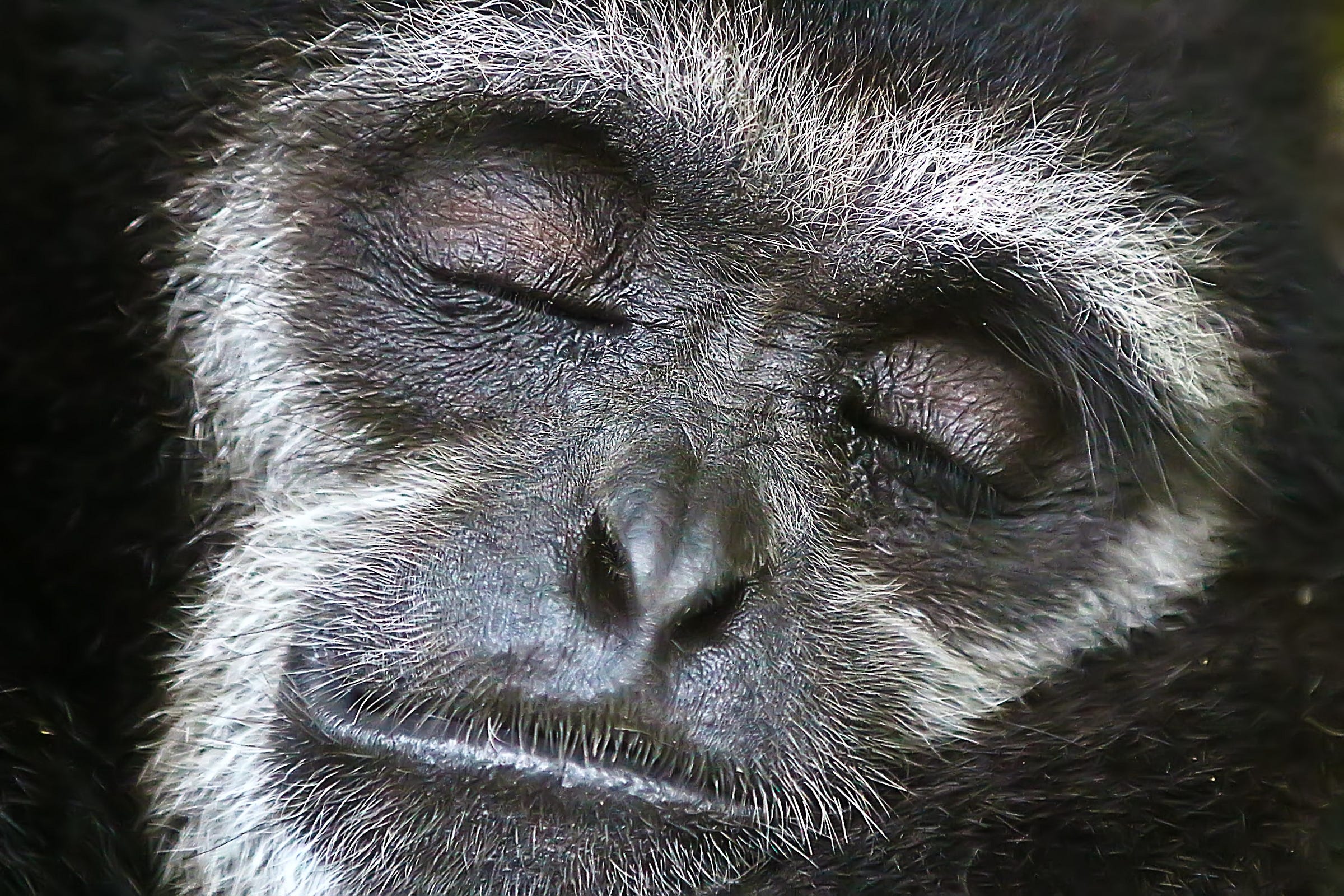Deep Sleep
Creation Story Two: 2:4b-25
So the Lord God made the man fall into a deep sleep. 2:21
Sounds good. Especially with autumn closing in. Grizzly dad’s seasonal hardwiring is definitely hankering for hibernation. Oh, for a proper kip.1 Except the Classical Hebrew word here (tardemah) comes with a much deeper range of meanings than merely snatching a nap. Specifically, it carries associations with trance states, divine revelation and assorted wanderings in transcendent realms. Its root meaning implies some sort of catatonia or insensible lethargy; a sudden blessed deafness to the witterings of this world. Its translation into Ancient Greek gives us the English word ecstasy which literally means to be out of (or besides) oneself. It’s this subliminal character that distinguishes it from the more cogent or clearly recalled dreams (khalom) of, for example, Jacob’s Ladder, (Gen 28:10ff).
No mere sleep, then. The word makes a return when Abram (somewhat unwisely) asks God for a clear sign he’ll come to possess the land into which he’s been brought.
As the sun was setting, a deep sleep fell on Abram; and behold, a dread and great darkness fell upon him. (Gen 15:12)
It’s a prelude to the Lord mapping out his whole life before him as well as revealing to him part of the journey of the people soon to become Israel. It’s also the beginning of the formalisation of a new covenant between God and Abram that will lead to his renaming as Abraham, Father of a Multitude of Nations. Is this also the astonishing moment to which Jesus much later alludes (Jn 8:56)? Hardly ephemeral stuff.
The word appears again when the Lord knocks-out Saul’s troops so David can make his point about mercy (1 Samuel 26:12). And, how’s this for atmospheric writing?
Now a word was brought to me stealthily,
My ear received the whisper of it.
Amid thoughts from visions of the night,
When deep sleep falls on men,
Dread came upon me, and trembling,
Which made all my bones shake.
A spirit glided past my face;
The hair of my flesh stood up.
It stood still,
But I could not discern its appearance.
A form was before my eyes;
There was silence, then I heard a voice:
Anyone who’s had the absolute pleasure of being felled by influenza or bacterial pneumonia will know that, amid the hellish sweats and chills, deliriums can sometimes come a calling. In the bowls of one such fever, with curtains shut tight against the punishing light, I’d even lost the energy to register the transits of day and night. Cormac McCarthy’s, The Road lay bedside me as the only literature capable of making sense of my survival state, (I’ve never since taken a shopping trolley for granted).
During that seemingly interminable Lent of 2012, a number of very whacky dreams coloured my own inner wildernesses, but I paid them little heed either at the time or indeed upon recovery. Fast forward dinnertime 13.03.13. The phone buzzes. A message from my friend in St Peter’s Square – New Pope: Francis! As the bebroccolied2 fork falters before my slackening jaw, the merest wisp of memory billows up like whitened chimney smoke. I recall an impossible headline buried within me the whole year – Pope shocks world by retiring! His replacement first to take the name Francis after the great mystic of Assisi and promises to lead Church into new era of reform and renewal.
Ummm. Is there even an emoji for this?
My own unsettling experiences aside, these stupor dreams clearly form the context for life-defining encounters with the living God. Creation Two encourages us quite literally to keep an open mind. The unconscious, as we might prefer it nowadays, appears to be the mysterious forum for these encounters. As a storywriter, it makes complete sense to me that God might engage our sleeping imaginations to shape life and destiny beyond our full grasp. Chesterton once stated that The Ballad of the White Horse came to him in a dream, almost fully formed. It certainly gleams with heavenly light.
This hypnotic inspiration is possible because, as Creation Two has already established, the Lord Himself dwells in the fearful depths of the human spirit as that once inhaled Breath. There He wanders, beyond all image and word, beyond all perception and conception, as through the lushest of gardens, ever whistling His love into the endless music of our inmost being.
He pours gifts on his beloved while they slumber.
Header photo: Vitaliy Anokhin, Unsplash
Please forgive the egregious Englishism which, for the uninitiated, means, for reasonably inscrutable reasons, some shut-eye.
Apologies also for this inexcusable but curiously satisfying neologism.




Never apologize for “bebroccolied.” I consider it a gift.